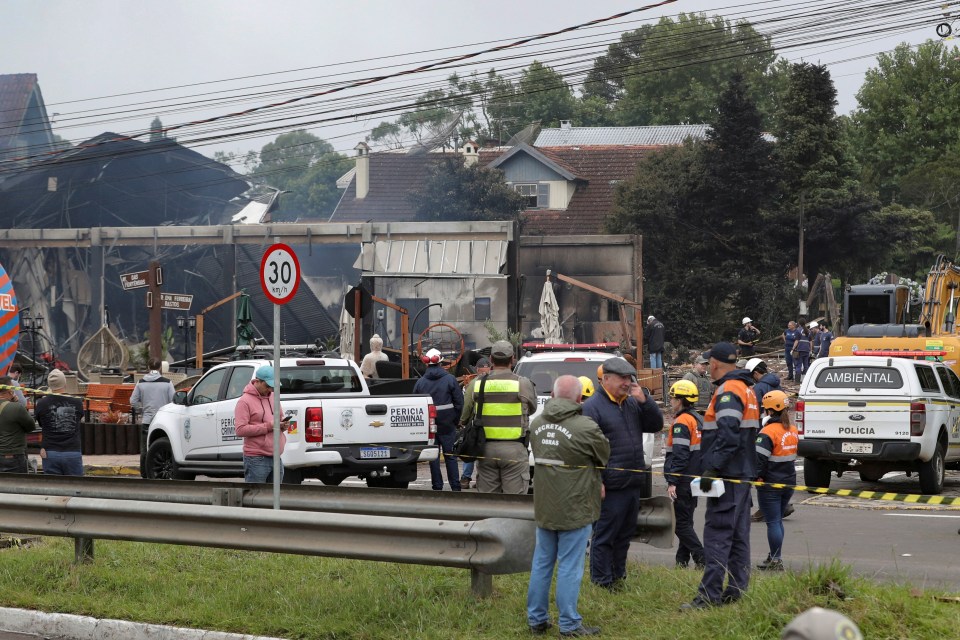Massachusetts Votes to Boost Shelter Funding by $251 Million Amid Housing Crisis
April 25, 2024…The House voted 117-36 and the Senate 29-9 to adopt a supplemental budget that allocates $251 million extra to the family shelter system and calls for new limits on how long families may stay in shelters.
The agreement announced Wednesday afternoon will withdraw $251 million from the Transitional Escrow Account to assist pay for fiscal 2024 shelter system expenditures, with an additional $175 million from the fund available in the new fiscal year beginning July 1. It also establishes a new nine-month time limit for families to stay in the state’s emergency shelters, with some eligible for up to two 90-day extensions and a new hardship waiver process.
The law was passed and delivered to Gov. Maura Healey’s desk at 4:30 p.m. on Thursday.
“The challenges we are discussing today are not simple ones. We are facing this problem alone since the federal government has absolutely failed to address the migrant crisis. The changes proposed in this bill would still leave the Commonwealth with by far the most generous length of stay in the country, with cities like New York City and Chicago measuring caps in days rather than months,” House Ways and Means Chairman Aaron Michlewitz stated when introducing the compromise bill. “By making these temporary adjustments, we will ensure the sustainability of the right to shelter law here in the commonwealth for years to come.”
While Michlewitz praised the Massachusetts shelter system, Minority Leader Brad Jones suggested “lamenting the fact that we have the most generous situation in the country because we’re paying the price for it.” He described the conference committee report, which passed the House without a single Republican vote, as “a funding bill to kind of keep the problem going in Massachusetts.”
“We have allocated over a billion dollars to address this issue if the legislation is passed today.” It completely limits our ability to do any number of other things that we need, want, and should do in the Commonwealth. “And it’s unnecessary,” Jones stated. He continued, “I represent four committees, and at least three of those committees are actively discussing the overrides required to fund vital municipal services. And a portion of this billion dollars might simply be spent and transferred to our cities and towns to assist them in meeting some of their requirements.”
All 25 House Republicans, as well as independent Rep. Susannah Whipps of Athol and ten Democrats, voted against the compromise bill: Cambridge Rep. Mike Connolly, Taunton Rep. Carol Doherty, Dracut Rep. Colleen Garry, Leominster Rep. Natalie Higgins, Hull Rep. Joan Meschino, Tewksbury Rep. David Robertson, Pepperell Rep. Margaret Scarsdale, Acton Rep. Dan Sena, Somerville Rep. Erika Uyterhoeven, and Gardner Rep. Jonathan Zlotnik. Doherty later voted to pass the bill.
On the other side of the State House, the legislation was rejected by four Republicans and five Democrats: Senators Nick Collins of Boston, John Cronin of Fitchburg, Jamie Eldridge of Marlborough, Walter Timilty of Milton, and John Velis of Westfield.
Conservatives in the Massachusetts Republican Party and the Massachusetts Fiscal Alliance were quick to criticize the Democrat-only adoption of the shelter funding arrangement. “Two things have become clear: Governor Healey certainly cannot acquire federal monies to handle the ongoing financial demands, and President Biden is unwilling to do anything to end the border problem. That leaves us with only one option, which is to amend the right to shelter law to require at least six months of residency to qualify for emergency shelter,” MassGOP Chairwoman Amy Carnevale said in a statement on Thursday.
Senate Ways and Means Committee Chair Michael Rodrigues, the chamber’s primary negotiator, described the final deal as “a fiscally responsible, humane, and sustainable response to the ongoing emergency assistance shelter crisis.”
“As we all know, the projected cost of the state’s emergency shelter program is on an unsustainable trajectory, and there is no federal assistance in sight,” Rodrigues stated on the floor of the Senate. “Without action, it will continue to undercut the collective work we all have engaged in over these last few years to support our state’s fiscal year.”
“It’s important to remember who we’re talking about here, ultimately: families with young children, who deserve nothing more than our help and a path out of the shelter system and into self-sufficiency,” he said.
Senate Minority Leader Bruce Tarr called the combined bottom line of approximately $426 million an “improvement” over the chamber’s initial proposal, which would have made even more state savings available for shelter spending in fiscal 2025, but argued that it fell short of system reforms such as prioritizing services for Massachusetts residents.
“It is encouraging to note that the House and Senate are now preparing to revise the right to refuge law. That being said, the question is how to appropriately update the right-to-shelter legislation. While there are some adjustments in terms of how long a family can be in shelter, the core parts of reform remain unchanged,” said Tarr, a Gloucester Republican.
If Healey accepts the new budget injection, Beacon Hill would have appropriated around $826 million to the emergency assistance shelter system over the length of fiscal 2024, more than four and a half times what the state spent on the program in fiscal 2021.
The bill also establishes a foundation of up to $175 million in state savings that can be transferred to shelters by fiscal 2025. Both the House and Healey seek to add $325 million to the annual state budget.
It’s unclear whether a combined half-billion dollars will be enough to meet needs through the entire fiscal year 2025. Healey officials previously predicted that the state would need to spend more than $900 million on the shelter system next fiscal year, but that prediction was made before lawmakers voted to limit the maximum period of stay.










